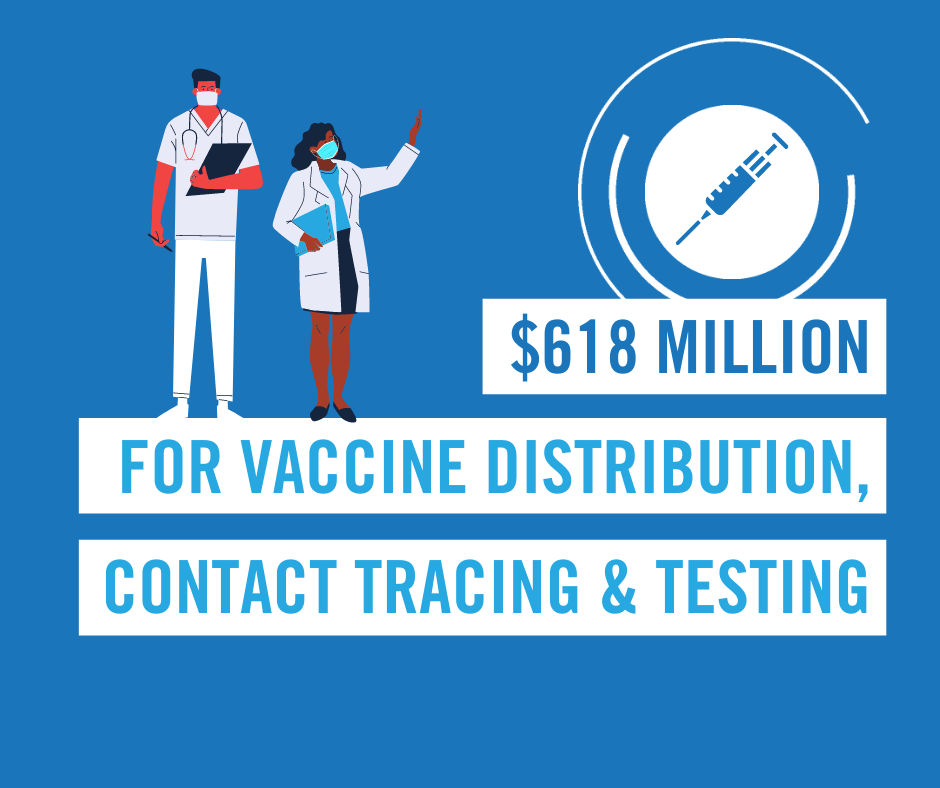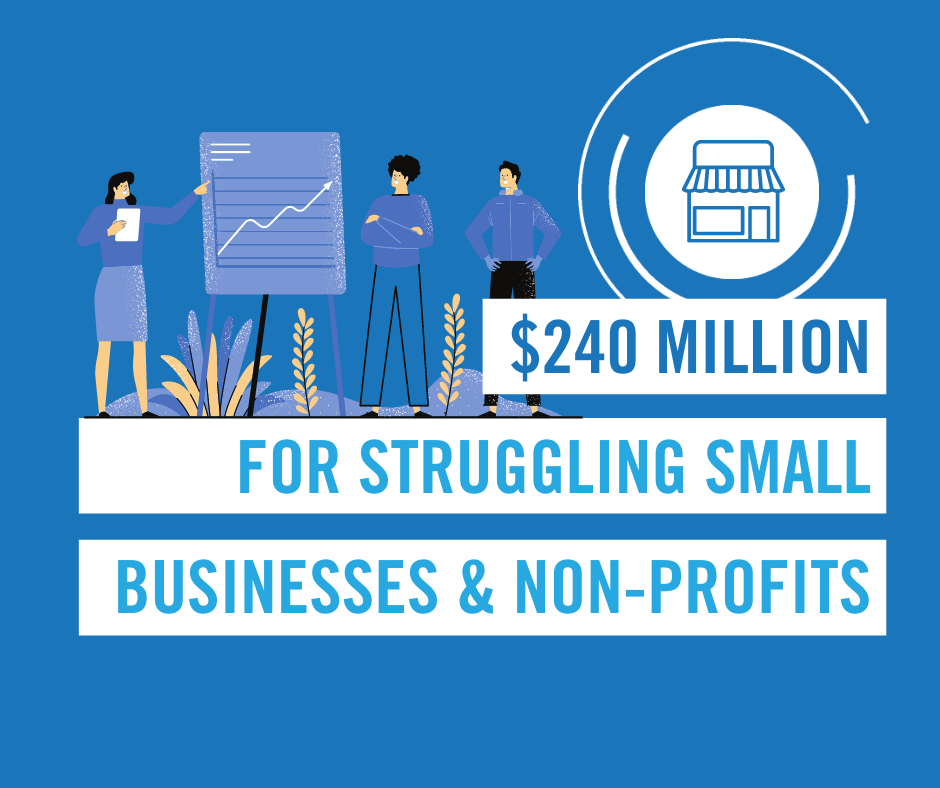Dear friends and neighbors,
I hope this newsletter finds you and your family well. I want to start by giving a big thank you to everyone who joined Monday’s virtual listening session, which I hosted alongside Sen. T’wina Nobles and Rep. Dan Bronoske. Thank you for taking the time to share your thoughts and concerns with us. I know these are tough times, and I will keep working to get people in our community the assistance they need.
We’re also holding a virtual town hall on Saturday, Feb. 20 at 10 a.m. You can submit questions live in the chat box or ahead of time at this link. I hope to see you there!

We’re wrapping up the third week of the remote session. I’ve been testifying and voting on bills, and meeting with constituents — all from home. Here’s a look behind the scenes:

Bill updates: HB 1151 and HB 1033
As you may remember from my last update, I introduced a bill to bolster economic recovery, provide critical help to families struggling to make ends meet and update the standards of need for cash assistance programs, which were last updated three decades ago.
That bill, HB 1151, was passed out of the Housing, Human Services & Veterans Committee with bipartisan, unanimous support on Tuesday. Families are holding on by a string, and this assistance will go a long way towards alleviating the real struggles exacerbated by the pandemic.

Another one of my bills, HB 1033, to support workers and small businesses by extending an employment training program tax credit was also recently unanimously voted out of the College & Workforce Development Committee. This bill will help ensure workers get the training they need to succeed, and support small businesses participating in the program.
I’ll keep you updated as these bills move along in the legislative process.
Community and economic recovery
A large budget package was announced last week that I am co-sponsoring to help families and small businesses most impacted by the pandemic, including renters and landlords, small restaurants, neighborhood businesses, school districts, uninsured and underinsured people, and communities of color, which have been disproportionately hurt by this crisis. It also makes investments in public health to address COVID-19.
Here’s some of the plan’s highlights:
-$618 million for vaccine administration, contact tracing and testing.
-$365 million for rental and foreclosure assistance, and for small landlords to stay on top of their mortgages. The package also includes $52 million for food and cash assistance.
-$240 million for small businesses and non-profits.
-$714 million for schools and $50 million for child-care providers. Child care providers have been hit especially hard during this pandemic and are a lifeline to help parents get to work.
-$70 million for long-term care and developmental disabilities programs and $6 million for health care for people who are underinsured and uninsured.


The latest on the COVID-19 vaccine
The COVID-19 vaccine is being distributed in phases. We’re in Phase 1B-Tier 1, which means anyone 65 and older, and 50 and older living in a multigenerational household, can get the vaccine. The vaccine is also still available to those eligible in Phase 1A, including health care workers, first responders and long-term care facility residents.
You can use the Phase Finder tool to find out if you’re eligible for the vaccine, or to sign up to get an alert when you become eligible. You can also visit the Tacoma-Pierce County Health Department’s website for more information about vaccine locations.
Finally, I’d like to recognize the Washington National Guard, as a representative of Camp Murray, for the incredible work these citizen soldiers are doing for our state, from helping with food security challenges, to COVID-19 testing, supporting wildfire land response, and so on.
Thanks for reading! Please don’t hesitate to reach out at 253-256-0302 and Mari.Leavitt@leg.wa.gov. It’s an honor to serve the beautiful 28th.

Mari Leavitt
